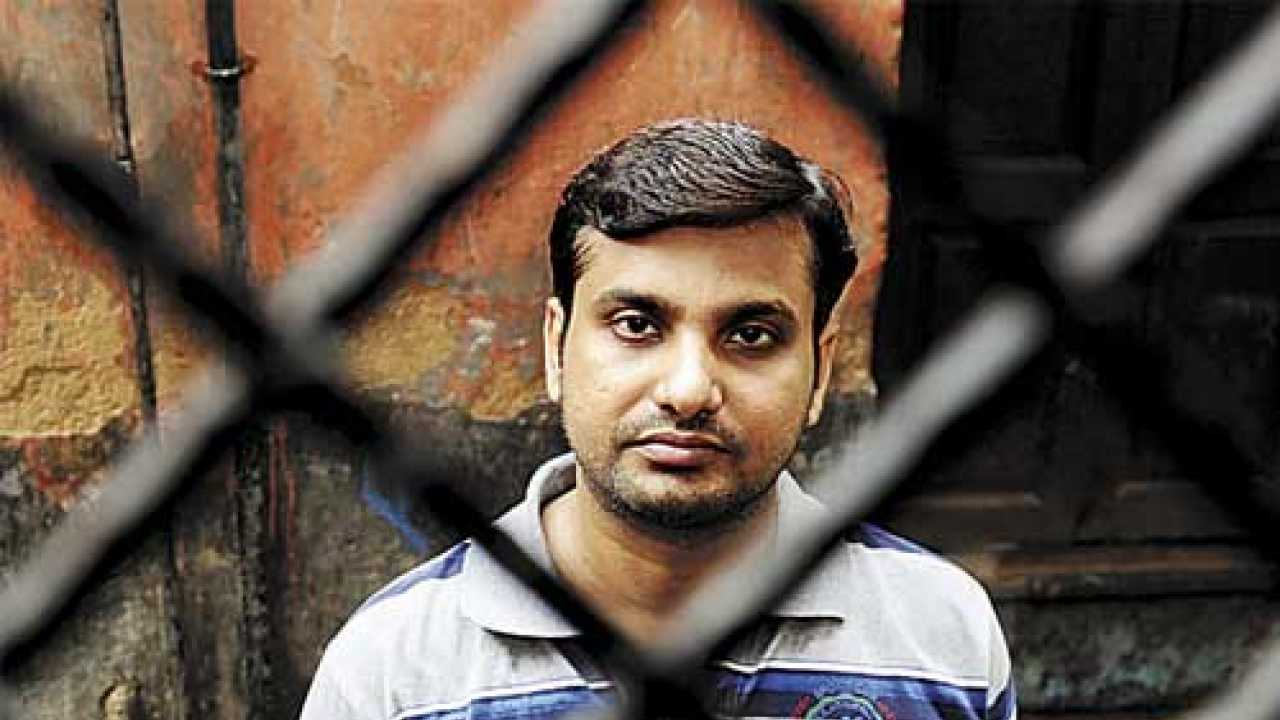
Q: What were the specific charges against you?
A: I was arrested by Delhi Police on February 27, 1998 when I was returning home after late night prayers. I was 19 then. I was bundled into a jeep and blindfolded. For seven days, I was tortured at an unidentified place and asked to admit my role in the serial bomb blasts that had hit the National Capital Region in 1996 and 1997. Among the charges were two blasts in Haryana and one on the Frontier Mail in Ghaziabad. Before my arrest, I had gone to Pakistan along with my mother to meet my sister.
Q: How difficult was it to get justice?
A: I was charged in 17 cases, including murder, sedition and waging war against the state. Getting justice is not easy. My father lost his business and went bankrupt paying lawyers. He died in 2001. Lawyers who would agree to fight my case charged a lot of money. Some quit midway after some newspapers dubbed me a Pakistani national. I got justice, but it was too late. It has made me realise that I was guilty until proven innocent.
Q: How was the world after 14 years?
A: It is not possible to return to normal life after being in jail. In jail, life is slow and static. After my release, I had to learn simple things like using a mobile phone, operating a computer, using the bus and Metro, etc. I was not able to cope with freedom initially, didn’t know how to cross roads or live with so many people around. Also, nobody employs you. You are suspect forever. Thankfully, the NGO Anhad employed me and I am making ends meet. My mother is a heart patient and has to be hospitalised frequently.
Q: Did anybody apologise to you and did you demand compensation for the ordeal you underwent?
A: An apology? Instead of letting me live in peace, the Delhi Police has appealed against my acquittal and engaged Solicitor General Harin Rawal to pursue some of the cases. As for compensation, after my release, I met President Pranab Mukherjee, Delhi Chief Minister Sheila Dikshit and scores of other leaders. Dixit asked her Principal Secretary (Home) Arvind Ray to meet me and I did on February 24. I asked for compensation and a job. Ray told me that the Delhi Government had raised the issue with the Delhi Police. But instead, they [Delhi Police] went ahead and contested the cases. Since then, there has been no word from the Delhi government.
Q: How did you spend time inside jail?
A: I studied, having enrolled in the bachelor’s programmme at IGNOU. But after the attack on Parliament in 2001, I had to abruptly discontinue that as all accused in terror cases were packed off to a high security ward. I practised yoga and Vipassana. In 2010 I resumed my education, when I was shifted to Dasna jail. But I had to start all over again as there had been a gap of more than two years since I had stopped my studies.